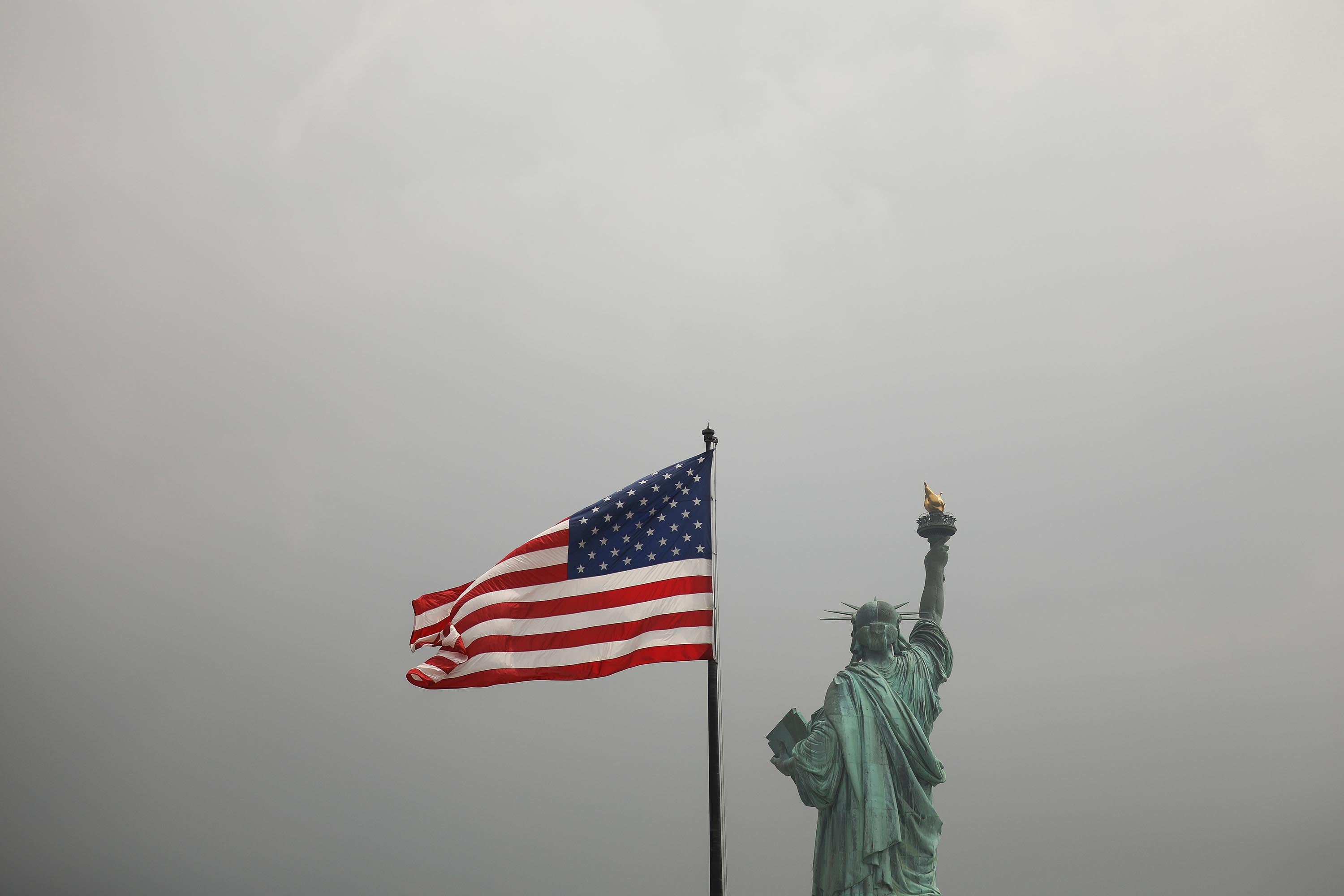Federal judge blocks attempt to hike naturalization fees by 80%
(CNN) — A federal judge in California blocked a Trump administration rule that would’ve hiked up naturalization fees by more than 80% and charged a first-time fee for asylum applicants, days before the regulation was set to take effect.
US Citizenship and Immigration Services, the agency responsible for the country’s immigration and naturalization system, updated and finalized its fee structure after a nearly nine-month review earlier this year.
The agency increased the cost of online naturalization applications from $640 to $1,160 and included a $50 fee for asylum seekers. Historically, asylum seekers around the world are not subject to application fees, according to the Migration Policy Institute.
“Plaintiffs persuasively argue that the public interest would be served by enjoining or staying the effective date of the Final Rule because if it takes effect, it will prevent vulnerable and low-income applicants from applying for immigration benefits, will block access to humanitarian protections, and will expose those populations to further danger,” wrote Judge Jeffrey White in his ruling Tuesday.
“Plaintiffs also cite comments and research that argue the public at large would be harmed if the Final Rule goes into effect because it will negatively impact tax revenues and would delay individuals seeking to naturalize from participating in essential civic activities like voting, service in public office, and jury service. Defendants do not counter those arguments,” White added.
The regulation was set to take effect on Oct. 2.



